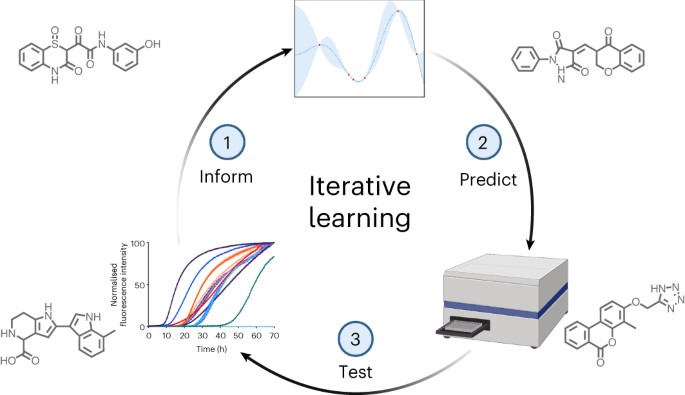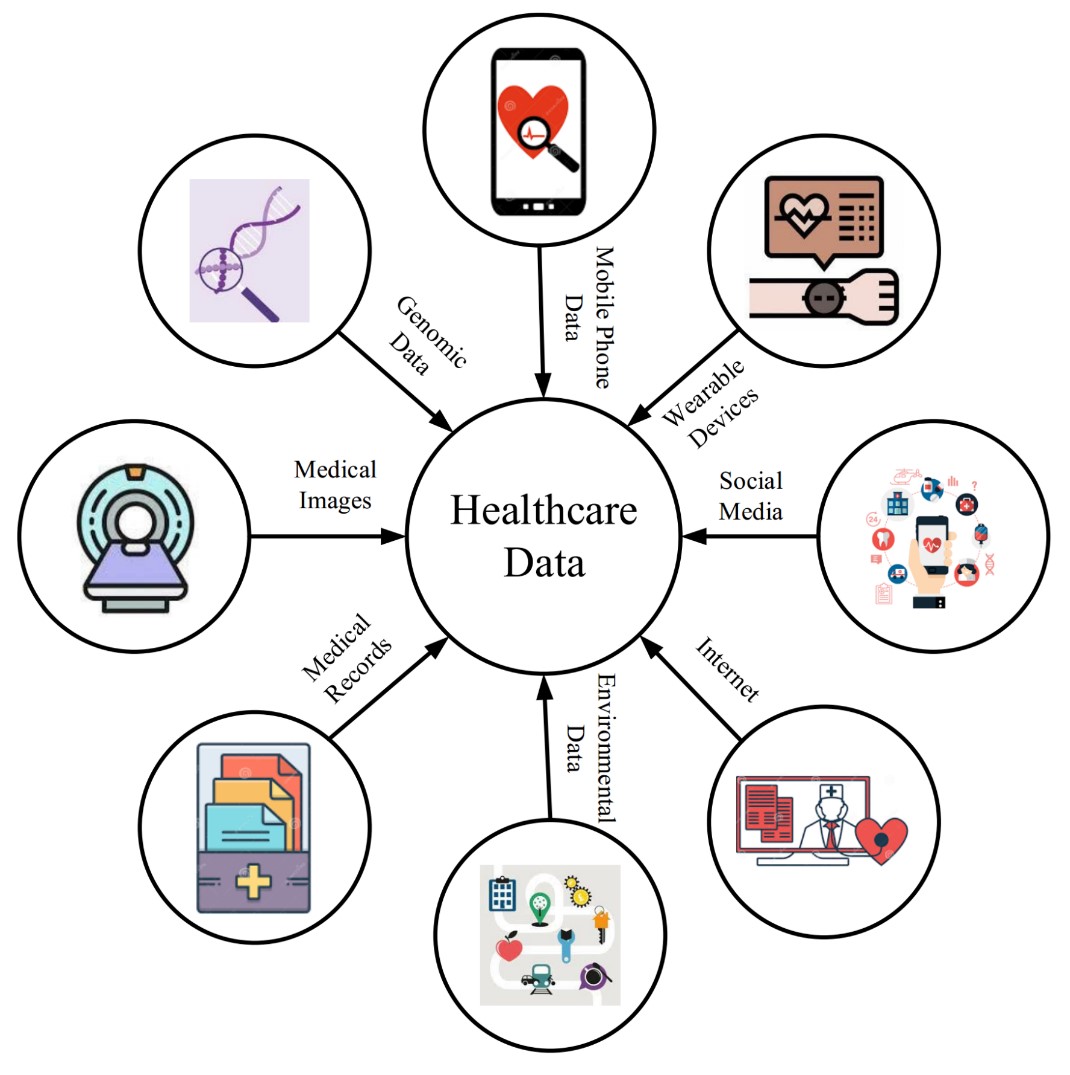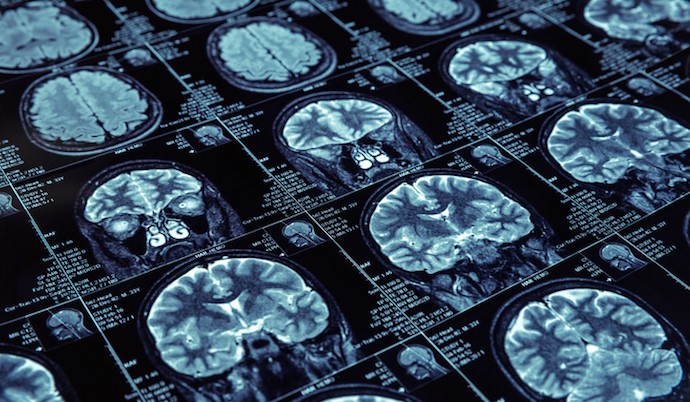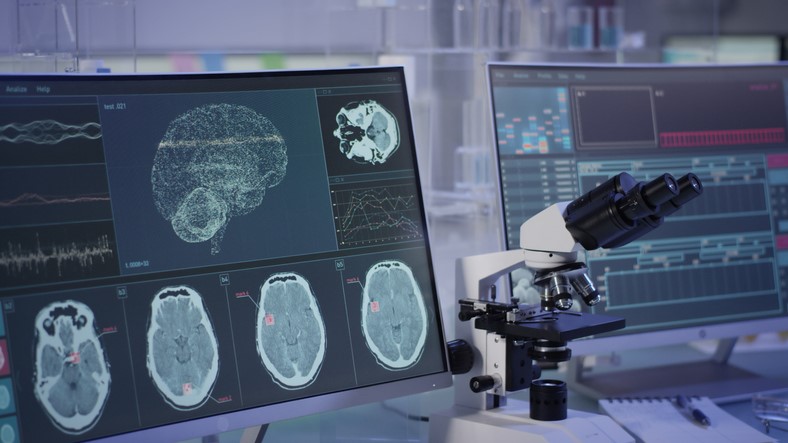AI Revolutionizes Heart Health Assessment
In a groundbreaking study, researchers from the Icahn School of Medicine at Mount Sinai have ushered in a new era of cardiovascular assessment by leveraging the capabilities of artificial intelligence (AI). Their innovative approach focuses on enhancing the evaluation of the heart's right ventricle, responsible for pumping blood to the lungs.
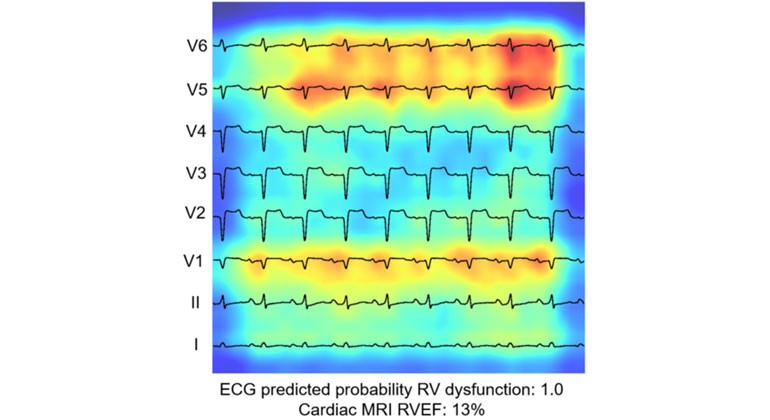
Figure 1. Proposed Method. (Credit: Duong, et al., Journal of the American Heart Association)
Figure 1 shows a deep learning-based ECG analysis tool is able to identify patients at high risk for poor right ventricular function. Areas deemed important by the AI for prediction are highlighted in increasing shades of red.
Published in the online issue of the Journal of the American Heart Association on December 29, the study highlights the potential of AI-enabled electrocardiogram (AI-ECG) analysis in predicting right-side heart issues. This method offers a simpler alternative to complex imaging technologies, potentially leading to improved patient outcomes.
Dr. Son Q. Duong, co-first author and Assistant Professor of Pediatrics (Pediatric Cardiology) at Icahn Mount Sinai, explains the motivation behind the study: "We aimed to find a better way to assess the health of the heart’s right ventricle, focusing on its ability to pump blood and its size. Traditional methods fall short, which prompted us to explore AI-ECG analysis as a potential solution."
The researchers trained a deep-learning ECG (DL-ECG) model using harmonized data from 12-lead ECGs and cardiac magnetic resonance imaging (MRI) measurements. The study, conducted on a large sample from the UK Biobank, was validated at multiple health centers across the Mount Sinai Health System. It measured the model's accuracy in predicting heart conditions and its impact on patient survival rates.
Co-first author Dr. Akhil Vaid emphasizes the departure from traditional methods: "This innovative approach departs significantly from traditional methods. Unlike other studies, this research predicts something not easily quantifiable by other common tests, such as the heart ultrasound."
However, the researchers acknowledge that while AI enables more precise heart information from commonly available tools, it's still in its early stages and does not replace advanced diagnostics. The safety and correct applicability of the tool require further validation, and its predictions may vary across populations due to limitations in existing ECG and MRI data.
Dr. Girish Nadkarni, senior author and Director of The Charles Bronfman Institute of Personalized Medicine at Icahn Mount Sinai, sees this study as a significant leap forward in right heart health assessment. He envisions a future where AI plays a pivotal role in early and accurate diagnosis.
Future research plans include external validation of the DL-ECG models in diverse populations, ensuring broader applicability and confirming clinical usefulness in conditions like pulmonary hypertension, congenital heart disease, and various forms of cardiomyopathy. The study offers a promising glimpse into the potential impact of AI on transforming cardiovascular care.
Source: The Mount Sinai Hospital
Cite this article:
Hana M (2024), AI Revolutionizes Heart Health Assessment, AnaTechmaz, pp. 384





